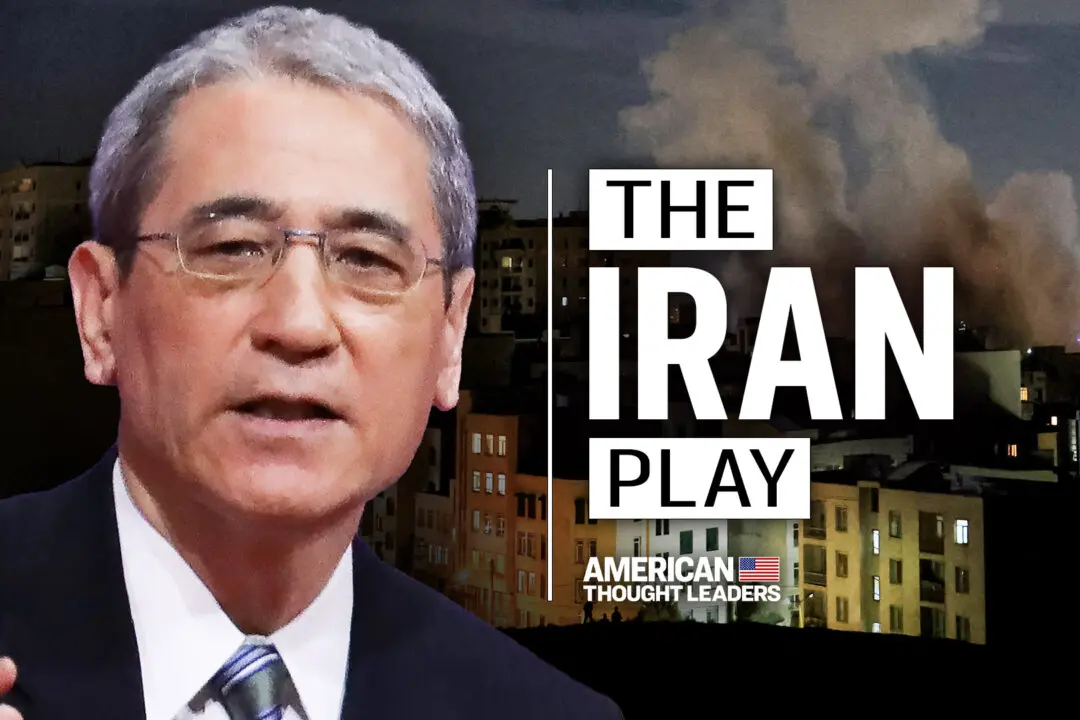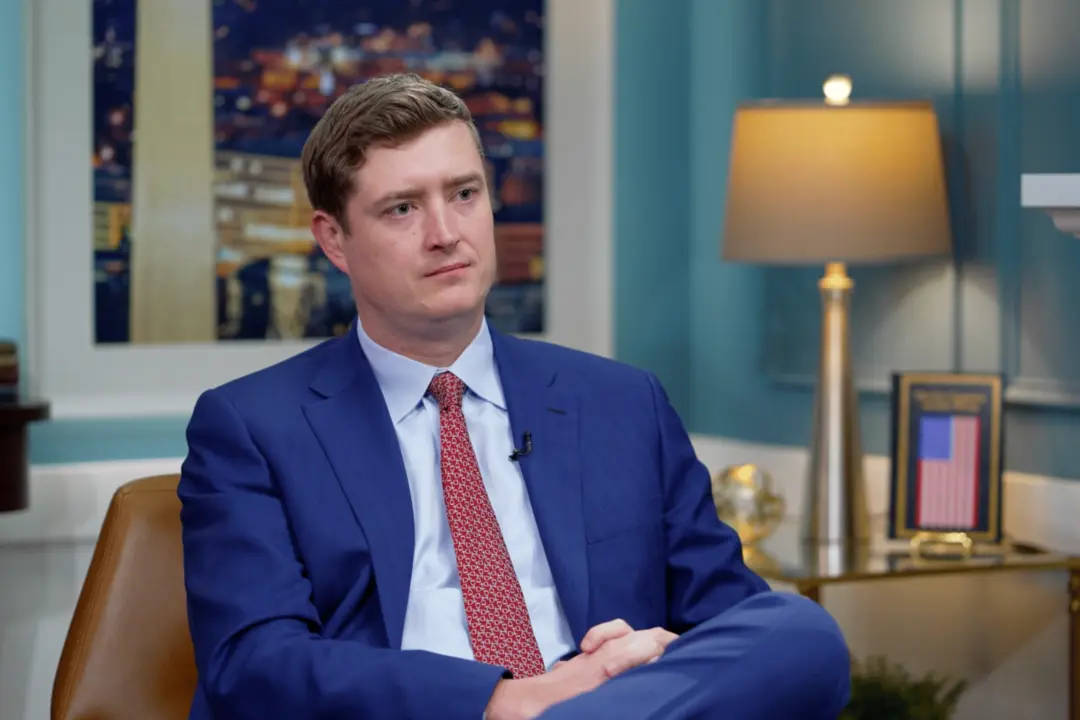As the world grapples with a sprawling health crisis, the Chinese Communist Party is using the pandemic to expand its global influence, according to China expert Robert Spalding.
The Chinese regime has seized upon the fallout from the pandemic as an opportunity to extend its control on the global supply chain and to deflect responsibility for having created the disaster, the retired U.S. Air Force brigadier general and author told The Epoch Times in an interview.





